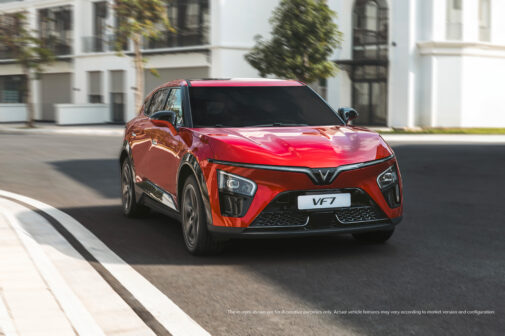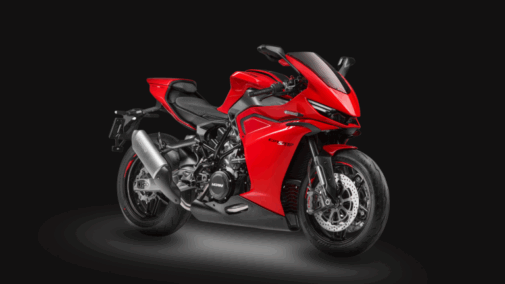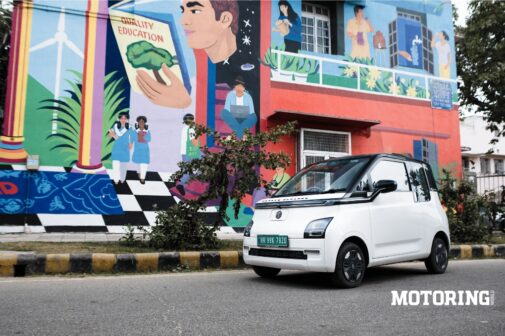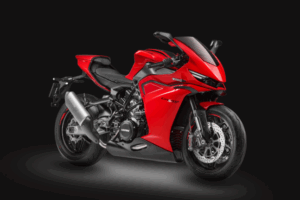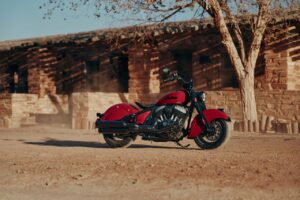Many years ago, a colleague and I were on our way to Pune in a Mahindra Bolero. Of course, the car made us wonder out loud at length about its nature. The seats were terrible, it didn’t go very fast, didn’t steer all that well at whatever speeds it could muster, and stopping was as much a matter of braking technology as it was of prayers. But we liked it. It had character. On the way back from Pune, I rode the Moto Guzzi V9 Bobber (remember that?!), pleasantly surprised by its lovely nature, even though I was done for by the end of the day. That day spent in the Bolero and on the Bobber confirmed what I’ve always known — too much character was bad for my back.
But what does it mean, this ‘character’? What does it entail? Are there certain basic elements, some essential building blocks that form character? I think so. Despite the universal appeal of machines, there are some that stand out, some machines that seem to have an innate understanding of how to connect with humans. But there are a few stereotypes I’d like to get out of the way first.
Does a machine with a character have to be slow? Nope. Does it have to be old? Not at all. Does it have to be fast? Well, it can’t hurt, but no, it’s not a prerequisite. Both my cast-iron Bullet and my 390 Adventure have character in spades, of very different kinds, obviously. Being fast isn’t a guarantee, either; there are plenty of new inline-fours that fall short of possessing that extra something.
Also, something that doesn’t work most of the time cannot have character. A machine that does not fulfil the function it was built for — to take you places and back — is rather useless. If it breaks down all the time, that’s just called being a pain in the backside. But people, including yours truly, have often mistaken unreliability as a sign of character. Let me reiterate that it most certainly is not. But I think there are three threads that weave the fabric of character, varying in their composition at times, but always present.
The element of surprise is key to having character, I think. In my opinion, a machine has character when it delivers more than it promises, sometimes without even planning to. That ‘more’ can be anything at all, but it’s always unexpected. It keeps things from getting boring. Machines with character are involving, more so than others that don’t have it. Character might just be not knowing what you were looking for until you find it. What always has soul, though, is sound. Whether it’s an old two-stroke with a stock smoky exhaust or a brand[1]new inline-four singing through unapologetic aftermarket pipes, sound always stirs something deep within us. Character is underscored by mechanical music.
However, there is the element more important than anything else, the very core of character, what makes character an intensely emotional phenomenon. More than the machine’s abilities, engineered or unintentional, is that it reflects what’s closest to your heart. You instinctively know if a machine has character and no explanations or justifications are required. It is an idea in your mind that becomes reality through a machine that enables you to be yourself. Character strongly avoids a soulless coexistence of human and machine.
Character is equally in the rider’s head as much as it is in the machine. It makes us forgive flaws and adapt ourselves to the machine — not because it’s a compulsion, but because you know it’ll only add to your life and tell you a lot about yourself, too. Its abstract nature is probably the best thing about it; it adds colours and textures to experience. It’s about a meaning that goes beyond the sum of parts, much like a poem is much more than a mere collection of word









